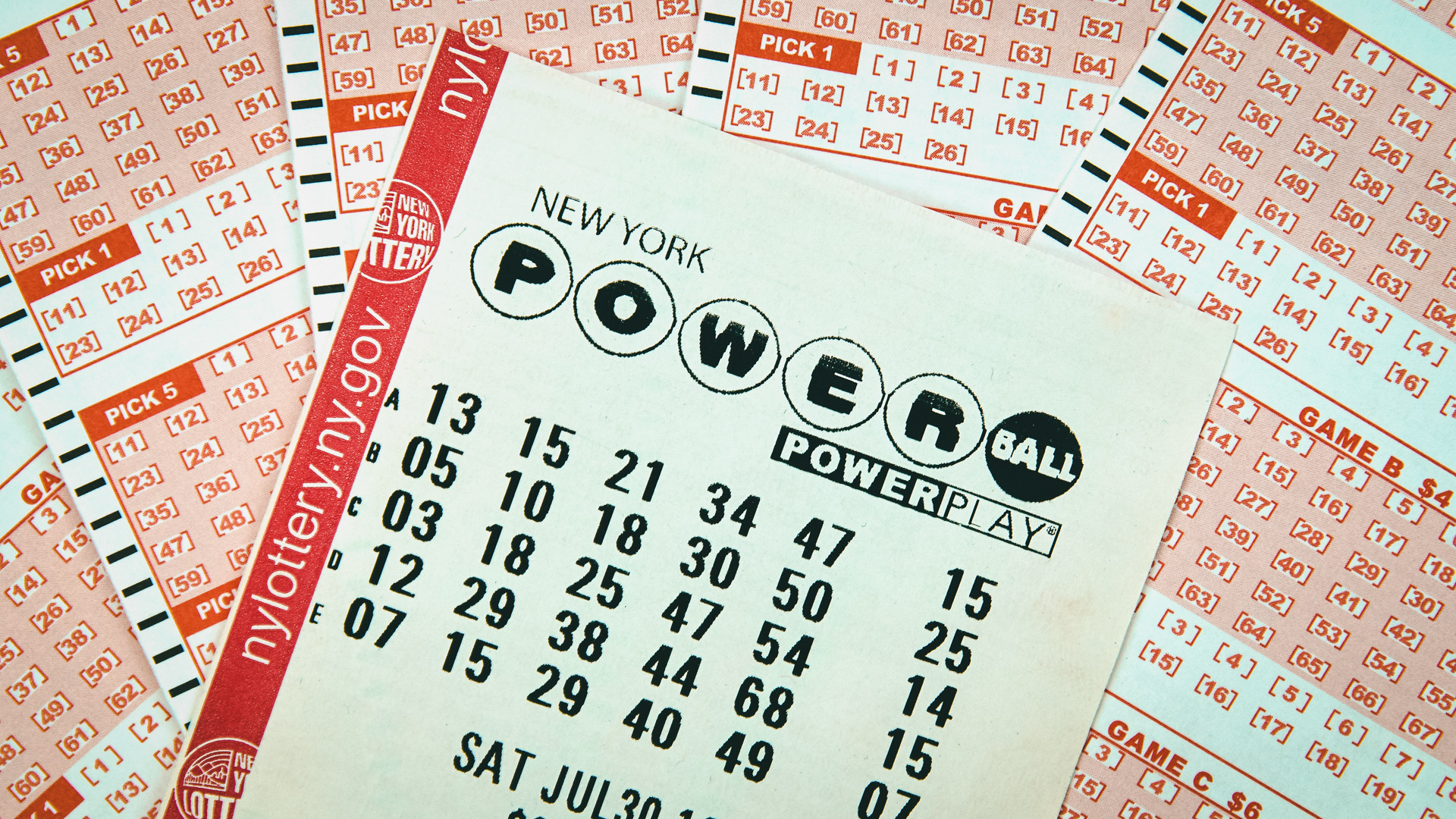
The lottery is a gambling game where numbers are drawn to win a prize. People pay a small amount of money, usually $1, to purchase a ticket that represents a chance at winning a larger sum. It is one of the most common methods of raising funds, and there are many different types of lotteries. The most popular ones are those that dish out big cash prizes to paying participants, but there are also other lotteries that award merchandise or services like units in a subsidized housing block or kindergarten placements.
Lotteries have been around for centuries and have a long history of use in Europe, the Americas, and elsewhere. They have been used as a form of public and private financing for numerous projects, including roads, canals, schools, and churches. They have even been used to distribute land and slaves, and the Old Testament contains a number of references to lotteries.
Some people who play the lottery think of it as a safe, low-risk investment. Others feel that it is their only opportunity to change their lives for the better. Regardless of why they play, there are some important things to keep in mind about the odds of winning and how to minimize the risk of losing money.
When selecting your lottery numbers, choose random sequences instead of consecutive or repeating patterns. These numbers have a lower probability of being picked, and they can make it more difficult for other players to select the same sequence. Also, avoid numbers that are based on sentimental value or those that end in similar digits. Instead, opt for a combination of numbers from 104 to 176; studies have shown that 70% of jackpots fall within this range.
The odds of winning the lottery are very low, and this is why it is important to be aware of how you spend your money. Buying lottery tickets can take away from other investments that you could be making for your future. Americans spend more than $80 billion each year on the lottery, and this money could be put towards building an emergency fund or paying off credit card debt.
Although the jackpots on Powerball and Mega Millions are huge, the odds of winning are very low. These large jackpots help drive sales, but they are ultimately regressive as they disproportionately affect poorer players. The best way to improve your odds is by playing a smaller game that has less participating numbers, such as a state pick-3 lottery. Moreover, you can also increase your chances of winning by purchasing more tickets. However, don’t buy too many, because this can be expensive.